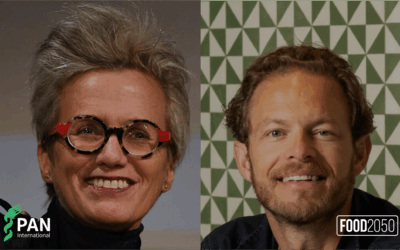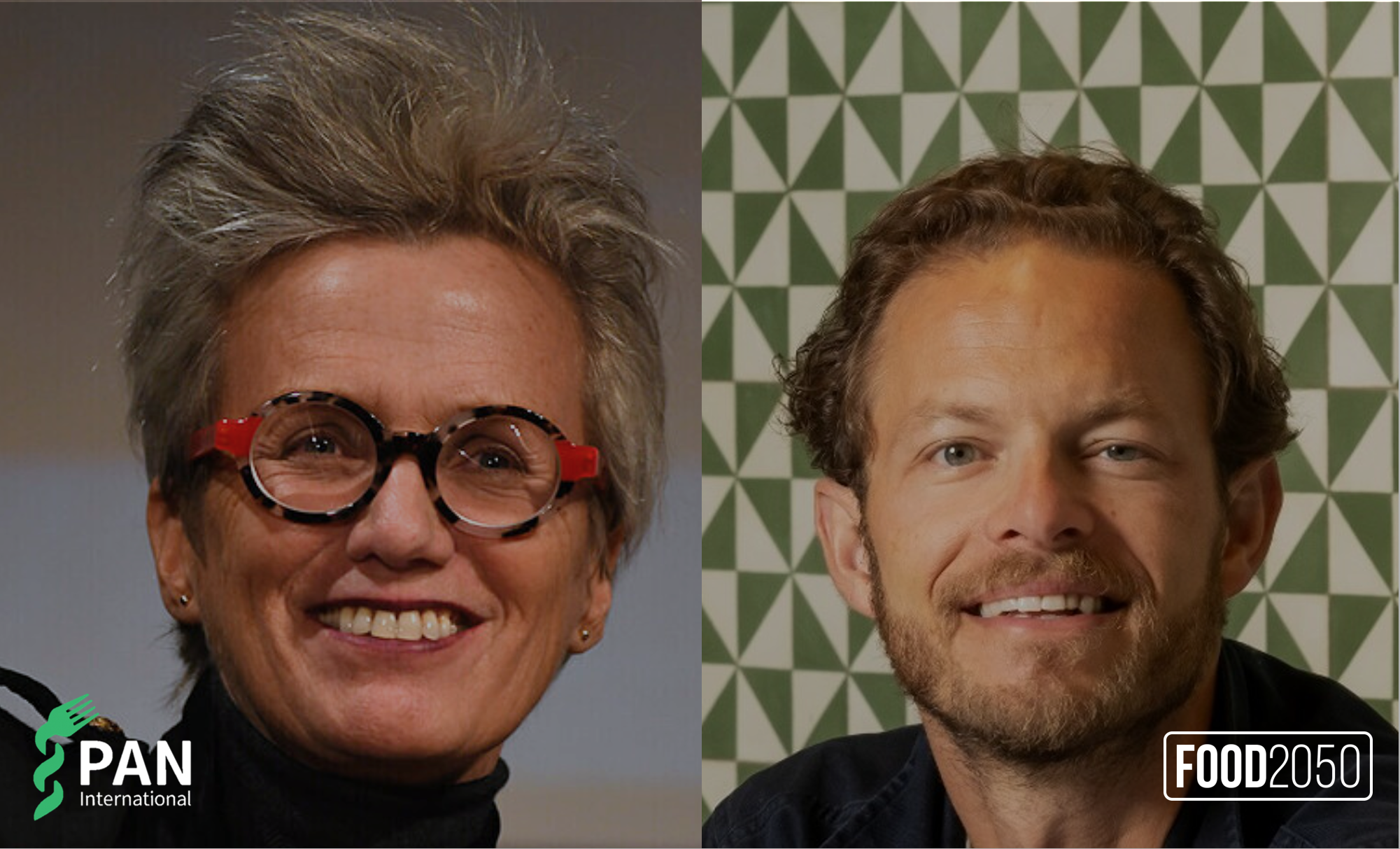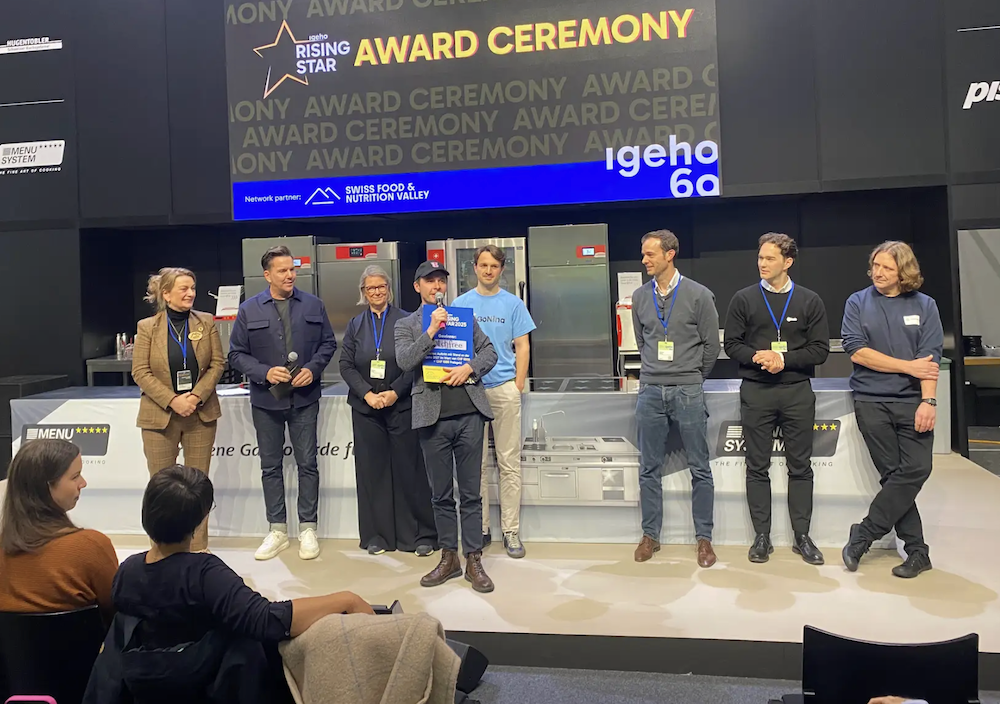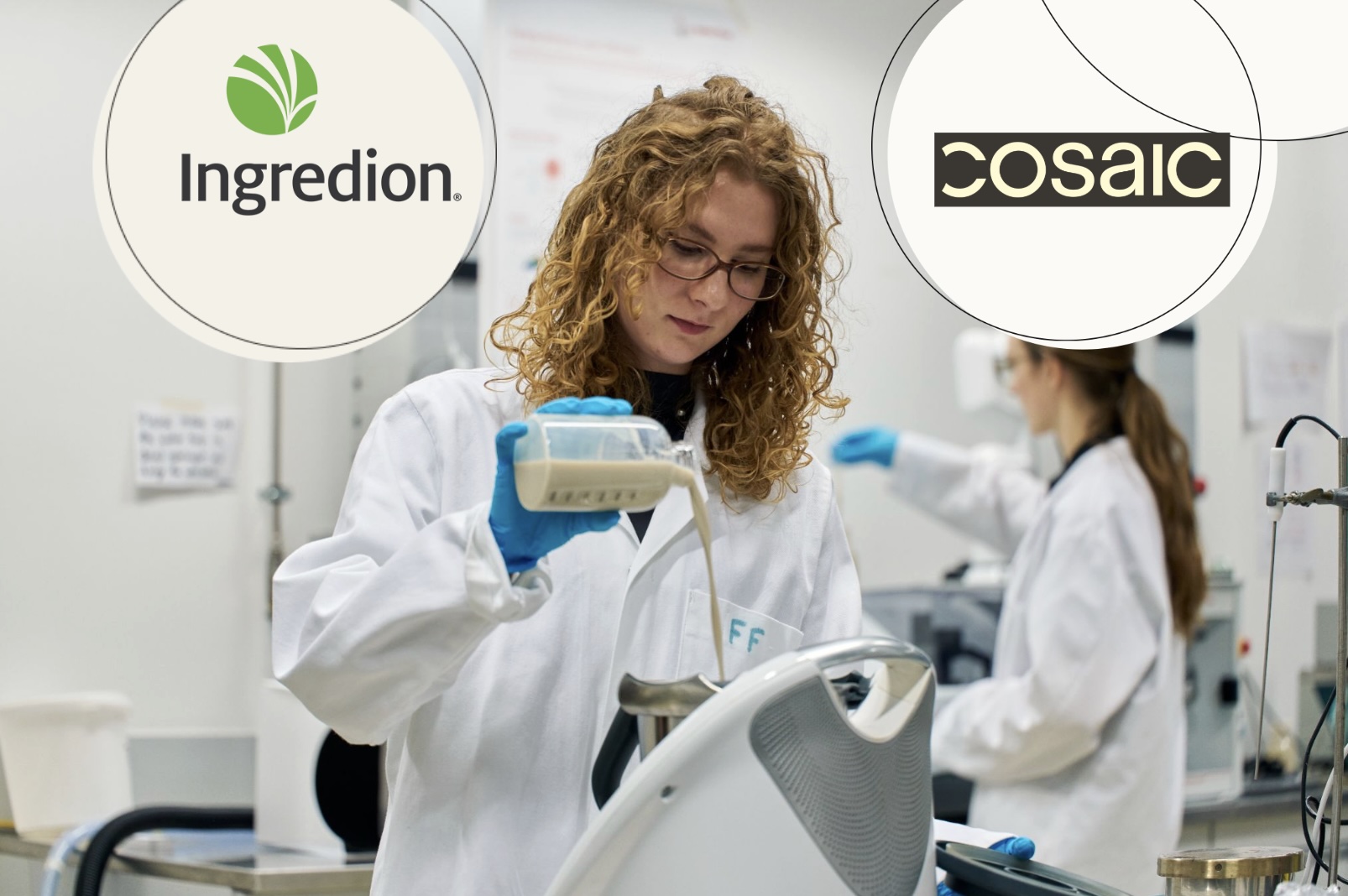Can food be healthy, tasty – and...
Yumame Foods x Agilery: Laying the foundations to make fermented foods the star of the plate
Yumame Foods x Agilery: Laying the foundations to make fermented foods the star of the plate

Valley partner Yumame Foods specialises in creating minimally processed, fungi-based products through natural fermentation. In 2023, they teamed up with fellow Valley partner Agilery to support their first production scale-up and introduce their innovative products to prospective customers. Just two years later, Yumame’s creations have been served in restaurants across Switzerland and landed on the shelves of Coop, the country’s largest retailer. Here’s how this early collaboration helped to get there.
The challenge: Making meat alternatives the star of the plate
The global plant-based market is growing steadily, fuelled not only by sustainability concerns but also by shifting consumer expectations. Taste remains the number-one purchase driver for 67% of consumers, far ahead of health or environmental claims. As 53% of consumers say they want to eat more plant-based foods, demand for products that deliver on taste, texture, and nutrition has never been higher.
Yumame Foods saw an opportunity to create products that don’t simply imitate meat, but instead establish a new category of centre-of-the-plate fermented foods — rich in flavour, nutritionally balanced, and highly sustainable.
To meet rising demand, the team needed to scale their flagship recipes from small-batch production to a pilot-scale environment, without compromising quality, flavour complexity, or the integrity of their minimally processed fermentation techniques.
Founder Eliana Zamprogna, an experienced innovation manager and chemical engineer with deep knowledge in the food industry, recognised fermentation as a powerful tool for creating clean-label products with naturally developed flavours. But the challenge was twofold:
- Scale up from small-scale to pilot-scale production while preserving product quality.
- Protect proprietary fermentation know-how, all while building local, sustainable supply chains.
This is where collaboration became essential.
The results: A facility, process optimisation and consumer validation
Working closely together, Valley partners Yumame Foods and Agilery delivered three tangible achievements that were strategic for Yumame’s future growth.
1. State-of-the-art fermentation facility
Agilery supported Yumame in designing and setting up a pilot-scale facility tailored to their proprietary fermentation process. This meant translating a lab-scale process into a robust, scalable production environment while ensuring food safety, consistency, and efficient daily operations.
2. Continuous optimisation of processes and supply chains
Together, the teams streamlined procurement, production workflows, and cost structures. This optimisation allowed Yumame to improve batch consistency, reduce production costs, and prepare the groundwork for commercial-scale operations.
3. Consumer validation support
Agilery helped Yumame prepare and execute early-stage tastings and sampling sessions. These insights enabled the team to refine their recipes and confirm market demand well before launch.
The solution: A collaborative journey toward scale
Throughout the ramp-up phase, Agilery provided operational and technical support, including logistics, shelf-life testing, certification, and staffing. Yumame leveraged Agilery’s in-house experts to ensure all processes met high-quality standards and regulatory requirements.
This early collaboration helped to build the foundation for Yumame’s next growth phase. The company has since established a larger scale facility, strengthened its supply chain, and prepared for broader market entry.
Today, Yumame products are available in Swiss restaurants and on the shelves of Coop, marking a major milestone for the startup and a testament to the power of ecosystem collaboration.
The success factors: A lean, adaptable and collaborative approach
Both teams highlighted three elements that made the partnership successful:
1. Collaborative Partnership
The close collaboration between Yumame Foods and Agilery created a shared vision and clear understanding of project goals.
2. Lean Approach
Agilery and Yumame’s aligned, efficiency-focused methodology enabled the company to scale up at higher speed and maintain maximum autonomy.
3. Adaptability and Innovation
Agilery adapted to Yumame’s unique production requirements, ensuring all sustainability and quality objectives were met across every step of the process.
Share your story
Are you a Valley partner with a collaborative success story to share? Tell us about it.
Sign up to receive the Valley’s quarterly newsletter
Latest News
Jerome Barra: “Can food be healthy, tasty – and sustainable?”
Bühler names two Fellows for advancing sustainability and technological innovation
Bühler has named Béatrice Conde-Petit,...
Yumame Foods x Agilery: Laying the foundations to make fermented foods the star of the plate
Valley partner Yumame Foods...
FOOD2050 teams up with PAN International to advance the Planetary Health Diet from science to the serving line
Valley partner FOOD2050 has partnered...







